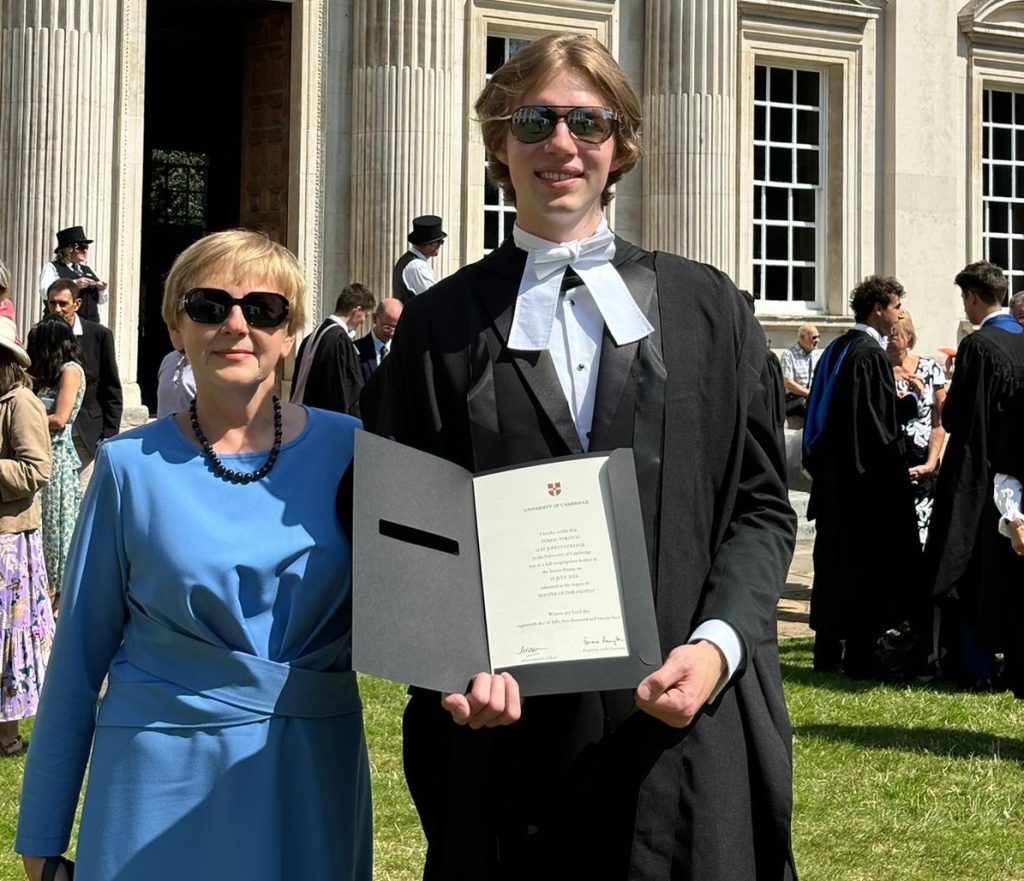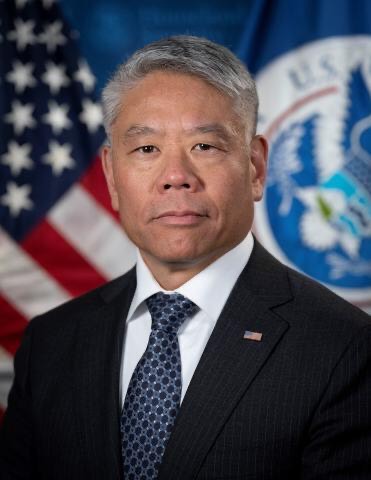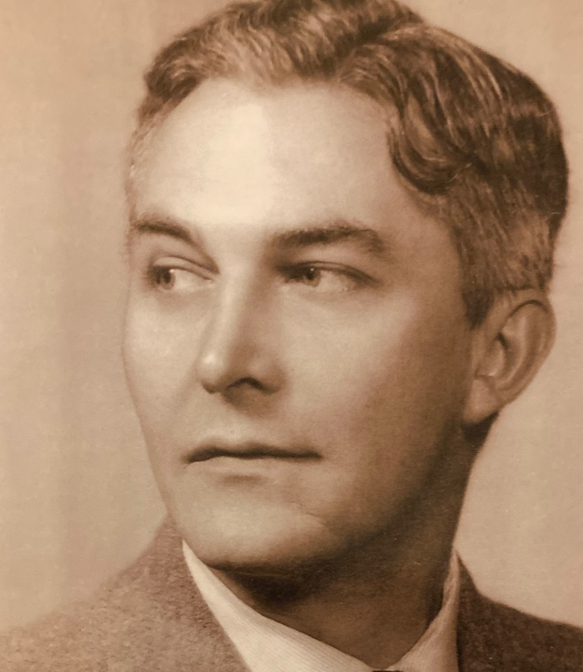We caught up with recent graduate and former Clarendon Scholar Tom Tokovyi to hear what he’s been up to since leaving Queen’s.
Where did you go after graduating from Queen’s with your MSc in Genomic Medicine?
Right after Queen’s, I moved to Cambridge for a year on the Gates Scholarship. That year, I was the only person from Ukraine to receive the award—and only the tenth Ukrainian ever to be nominated—so it was a big deal for me personally, but also for my country.
At Cambridge, I was at St John’s College—another historic college with a strong legacy in science and biological research, much like Queen’s. I did an MPhil in Bioscience Enterprise, a business degree specifically designed for people with a background in biotechnology. It was incredibly valuable—it helped me bring together my expertise in biochemistry, genetics, and bioinformatics, and pair it with commercial thinking. It really shaped how I now approach company-building and venture creation, especially in areas of greatest unmet need.
What are you doing now?
I’ve recently joined a biotech start-up that spun out of Oxford last year. We’re focused on drug discovery for chronic diseases, using a combination of proprietary single-cell technology and machine learning to speed up the discovery and development process.
We’re currently a small but focussed team, so joining this early means I’ve been part of the core team from the start. It’s been great to contribute meaningfully as we shape the direction and foundations of the company.
Tell us about the start-up.
The company, which is still operating quite stealthily, spun out of Medical Sciences in Oxford. It’s that great combination of a huge unmet need—the diseases where we work affect large parts of the population—world-leading science from the academic co-founders, and the grit and hustle needed to try to change the world.
We’ve secured funding from major investors and are now moving forward with preclinical development in our selected disease areas. I’m currently responsible for partnerships and business development, which involves quite a bit of travel to conferences and events to build our network and raise visibility. While my role is more on the operational side, I still get to join in on product and scientific discussions, thanks to my background in biochemistry. When you’re part of a small team, you really have to wear multiple hats!
You were very active in supporting Ukraine while at Oxford. How are you continuing that work?
Ukraine is very close to my heart, and I try to keep it central to my journey.
While at Oxford, my friends and I launched a virtual start-up incubator to support early-stage teams in Ukraine working across various STEM fields. Our goal was to give them access to the UK network we’d built, connecting them with potential collaborators and investors.
More recently, as part of a different project, my colleagues and I brought a group of 20 Ukrainian GCSE and A-Level students from across the UK to Oxford. It was part of a rehabilitation programme to inspire and support students who have been affected by the war. I made sure to show them around the city and introduce them to Queen’s, which has been incredibly welcoming to Ukrainian students. Queen’s really stands out as a model of inclusivity and support for communities in distress.
What does Queen’s mean to you?
Queen’s holds a very special place in my heart—it’s honestly the best college in Oxford, in my opinion! The community is incredibly diverse, and the opportunities it offers are unmatched.
I’m actually back at Queen’s this week filming a short piece to encourage top Ukrainian students to apply to Oxford. I really want to be a point of contact for those who are thinking about applying—I’d love to help others navigate the process, especially those coming from non-traditional or underrepresented backgrounds.
I would also love to support students interested in starting their own ventures based on their research and ideas. In a world increasingly shaped by AI and uncertainty in the job market, I think it’s crucial that we empower students to create their own opportunities and build skill sets that are truly their own. You can make your own work work!
Can you recommend a book?
The Power Law: Venture Capital and the Art of Disruption by Sebastian Mallaby is a fantastic read for anyone interested in entrepreneurship. Through stories and interviews with some of the world’s top venture capitalists, it unpacks how many of today’s most successful companies got their start.
I’m always happy for students to reach out—whether they’re looking for career advice, considering a start-up, or just want to connect.
Photo: Tom, with his mum, graduating in Cambridge.



